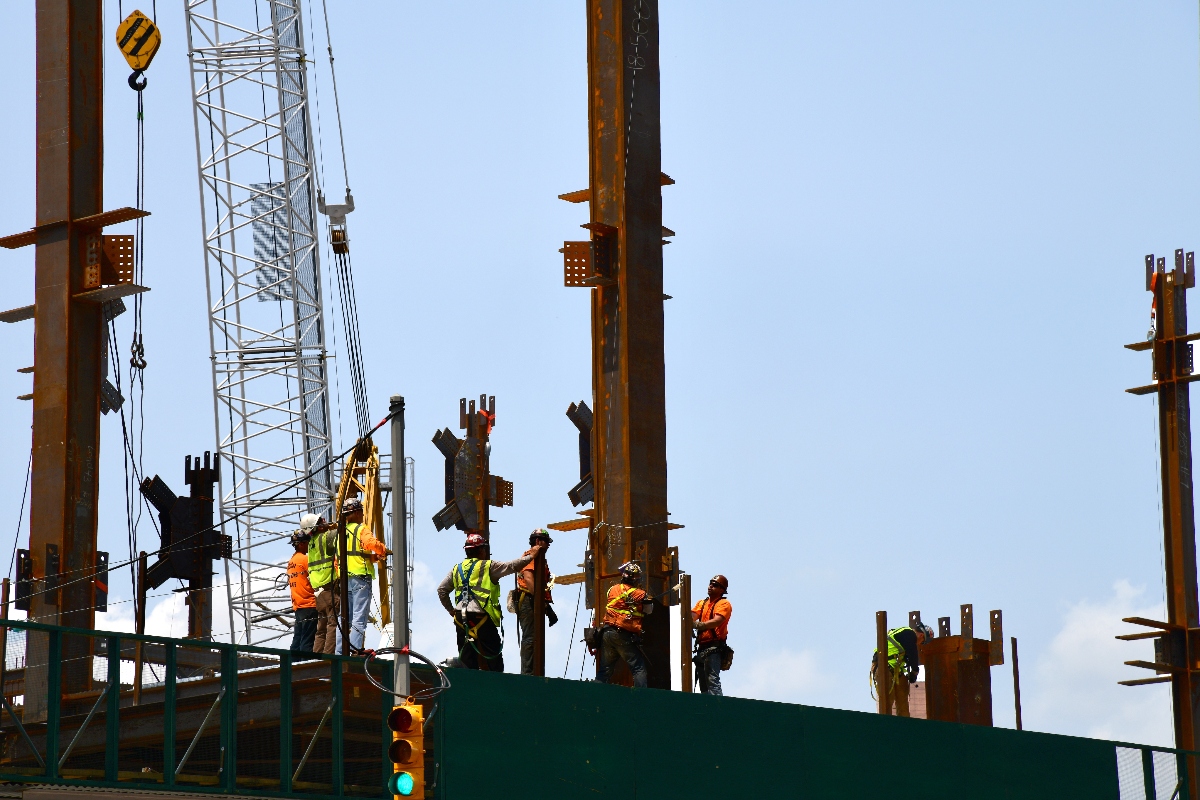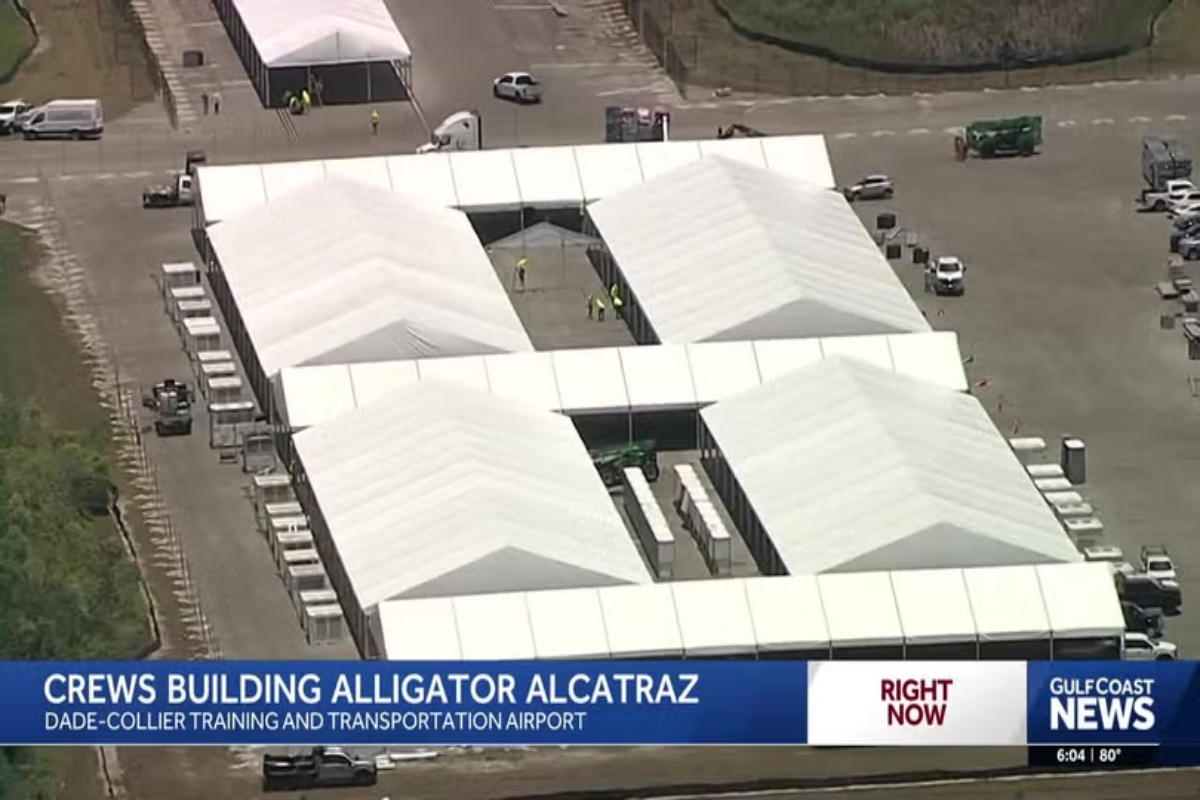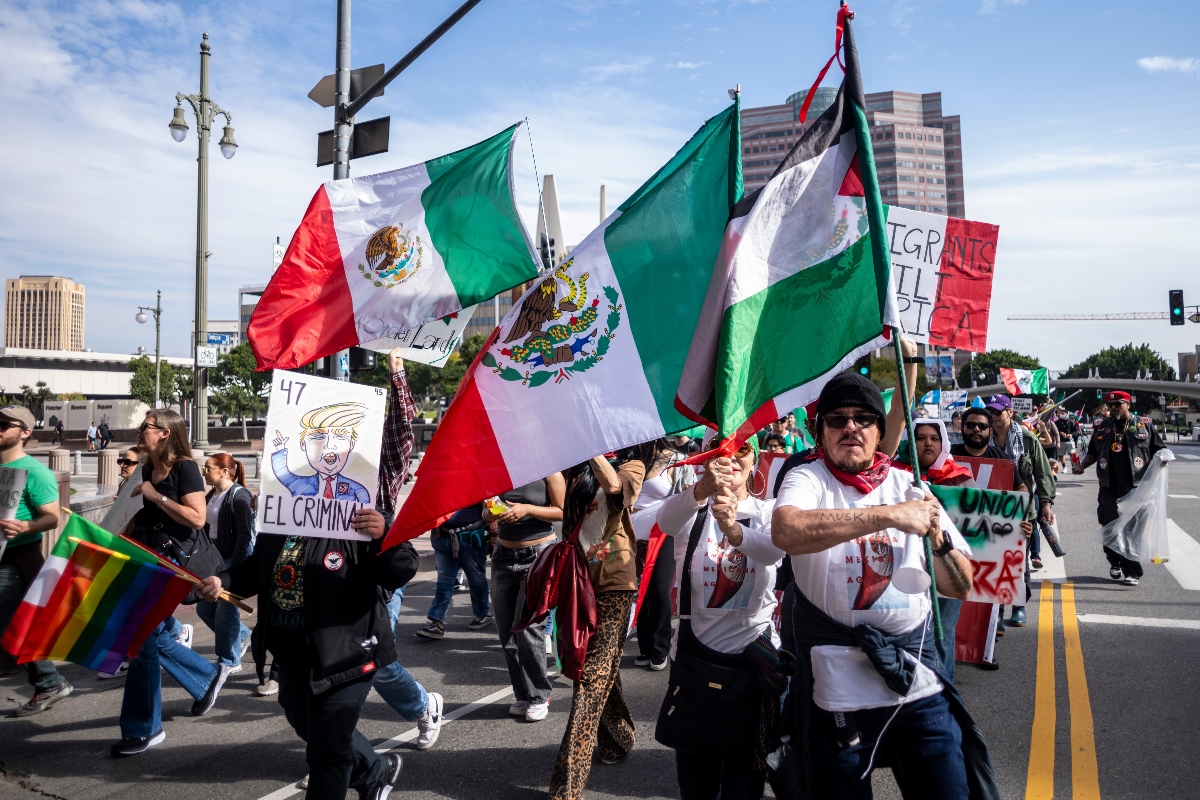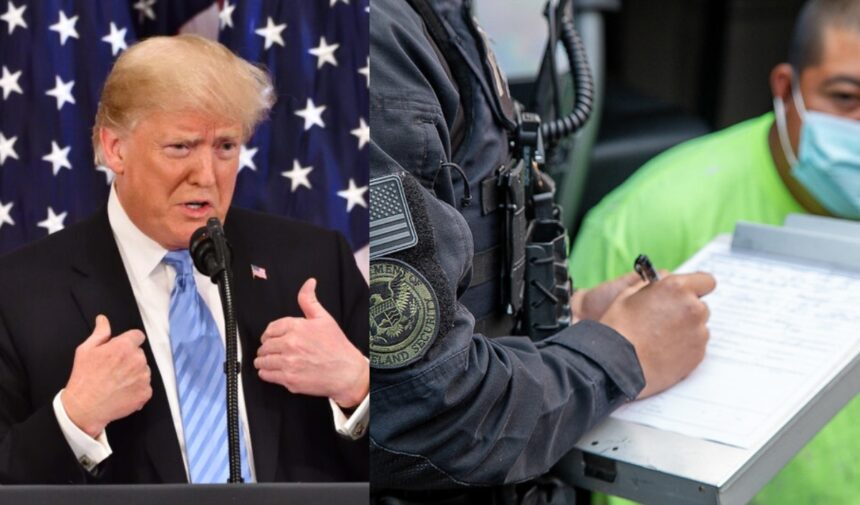Amid growing tensions over his immigration policy, U.S. President Donald Trump announced Tuesday that he is considering temporarily suspending the deportation of migrant workers in the agricultural and construction sectors.
During a visit to the controversial “Alligator Alcatraz” detention center, Trump told the media that he will make a decision in the coming weeks. “We are looking at this very closely. Farmers and builders need workers. We want to protect jobs, but we also want to be smart,” he said.
Agriculture and construction, under pressure

The current immigration policy seeks to deport 3,000 people per day.
This has generated widespread fear among Latino workers, especially in states such as Florida, Texas and California.
According to the American Immigration Council, 25.7% of construction workers are immigrants, and 14.1% are undocumented.
In the agricultural sector, the numbers are even higher: 42% of workers lack legal status, according to the U.S. Department of Agriculture.
This situation has led to interruptions in productivity, crop delays, work stoppages, and protests by both employers and labor rights advocates.
Visit amid protests

Trump made these statements in Ochopee, at the inauguration of the migrant detention center nicknamed “Alligator Alcatraz”.
It is a facility built in the middle of Florida’s wetlands.
The current immigration policy aims to deport 3,000 people per day
He was accompanied by Homeland Security Secretary Kristi Noem and Governor Ron DeSantis, both strong anti-immigration hardliners.
The visit took place amid protests from environmental groups and civil organizations.
They denounced both the ecological impact of the prison and the treatment of detained migrants.
Economic and social impact

ICE’s tightening of raids has generated widespread fear in Hispanic working communities.
Many prefer not to leave the house or go to the doctor for fear of being arrested.
In turn, agricultural and construction companies have reported labor shortages, increasing pressure on the federal government.
In the face of this crisis, Trump said he might consider sectorized immigration waivers.
It is a measure that seeks to balance border security with economic stability, especially in key rural and industrial areas.
“We are going to make a smart decision. The farmer knows who to hire. He’s not going to hire a killer,” Trump stated.
For more information, visit QuéOnnda.com.























